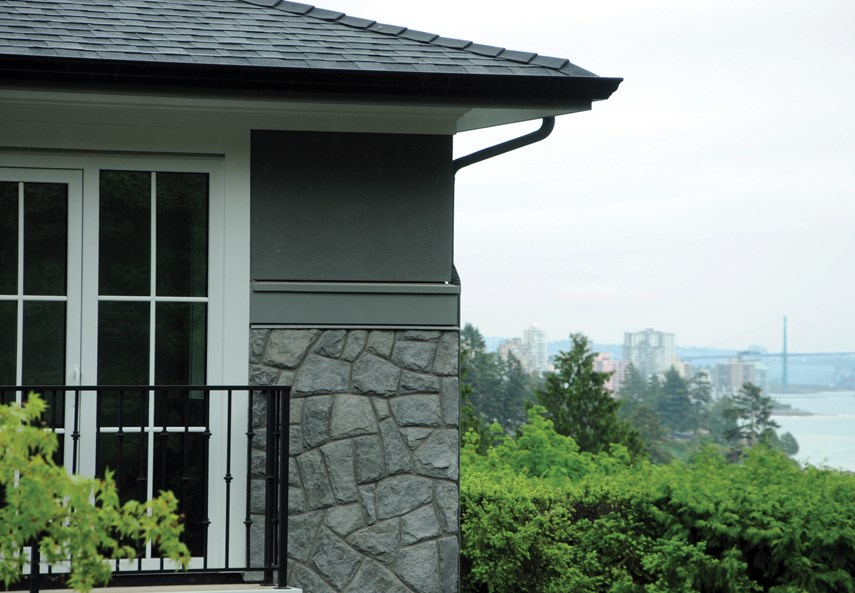For anyone hoping a quick home sale on the North Shore will still result in lottery windfall, the real estate market has news – the party’s over, at least for now.
Two years ago, gold rush fever gripped the real estate market, particularly at the high end in North and West Vancouver. Today, the market can best be described as becalmed, with potential buyers and sellers warily waiting each other out.
When potential buyers view a detached home on the North Shore these days, instead of asking “How soon are you taking offers?” or “How much over the asking price will I have to offer?,” the questions are more likely to be “How long have you been on the market?” or “When was your last price reduction?” or “What is your assessed value?” said Brent Eilers of Remax Masters Realty, a Realtor who’s been in business on the North Shore for 35 years.
“That’s a dramatic difference,” he said. “When the market was booming in 2016, everything was selling.”
Today, it’s “Turn out the lights, the party’s over.”
Statistics released by the Real Estate Board of Greater Vancouver show sales for the first quarter of 2018 have fallen dramatically over the same period last year. According to the real estate board, sales of detached homes are down 43 per cent in West Vancouver and 30 per cent in North Vancouver.
Eilers, who has been tracking North Shore real estate statistics for more than three decades, said the number of sales of detached homes in North Vancouver is down 43 per cent from historical averages and down 62 per cent from the peak in 2016.
In West Vancouver, sales of detached homes are down 63 per cent compared to historical norms and down 82 per cent since the fever pitch of 2016, he said.
A combination of high prices, high interest rates and tougher mortgage stress tests have made it all but impossible for first time buyers to break into the market, said Eilers, while new provincial taxes have dampened demand from foreign buyers.
Eilers said what’s happening in the top tier of the real estate market is often indicative of trends. “It’s always the builders, investors and new housing that tend to drive the market up. They also tend to drive the market going down,” he said.
So far, average prices haven’t changed a lot.
According to the real estate board statistics, the price of a “benchmark” West Vancouver home was $2.9 million in the first quarter of this year, compared to $3.1 million during the same time last year. Prices in North Vancouver held steady at about $1.7 million.
But Eilers said a few sales at the very high end of the market – including seven homes which sold for over $5 million in West Vancouver, including one at more than $10 million in the past three months – can skew statistics. Homes are also staying on the market for longer before selling and are having to reduce prices, he added.
“The top end has fallen off the turnip truck.”
Eilers said he doesn’t take a position on whether changes in the market are good or bad – they’re just factual realities.
“People seem to think when the market’s going down it’s negative, when it’s going up it’s positive,” he said. But he added, “If you’re renting right now, paying $3,000, $4,000, $5,000, $7,000 a month, you’re doing back flips.”
Patterns in the condo market are also completely different from those in the detached home market, he added. According to the real estate board statistics, almost twice as many apartments sold as detached houses in North Vancouver during the first three months of the year.



